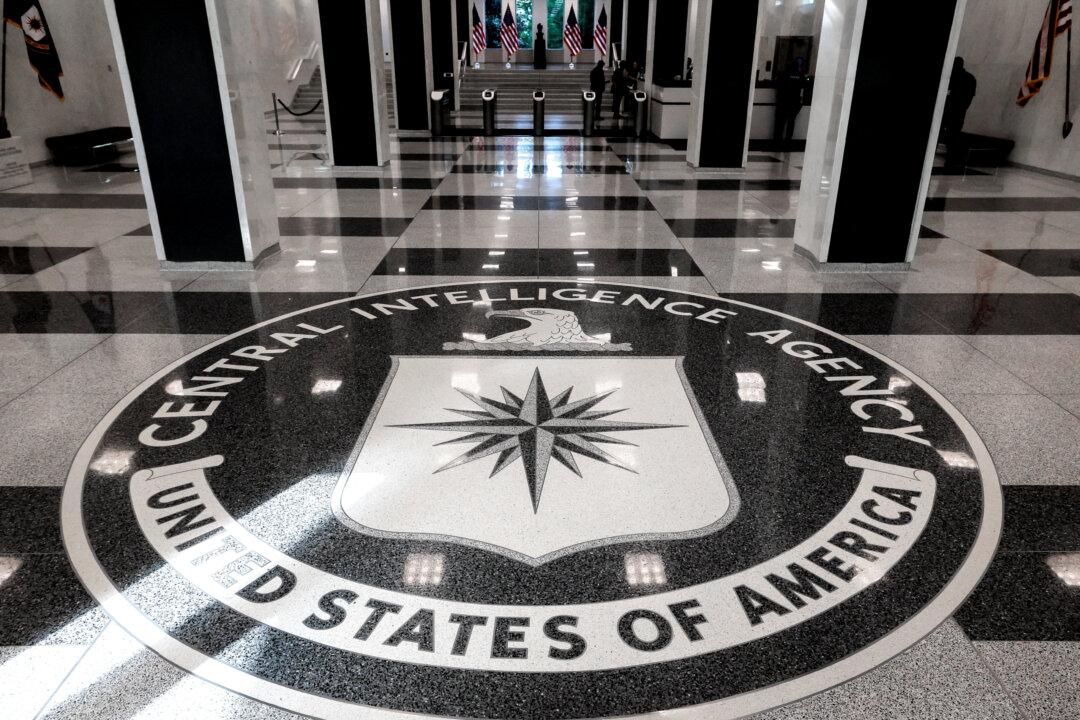A federal judge has temporarily halted the firings of 11 CIA officers who were placed on paid administrative leave due to their roles in the agency’s diversity, equity, inclusion, and accessibility (DEIA) programs.
U.S. District Court Judge Anthony Trenga issued a five-day administrative stay on Feb. 18, preventing the CIA and the Office of the Director of National Intelligence (ODNI) from firing or placing the plaintiffs on unpaid leave while the court considers their request for a temporary restraining order (TRO).





